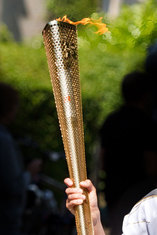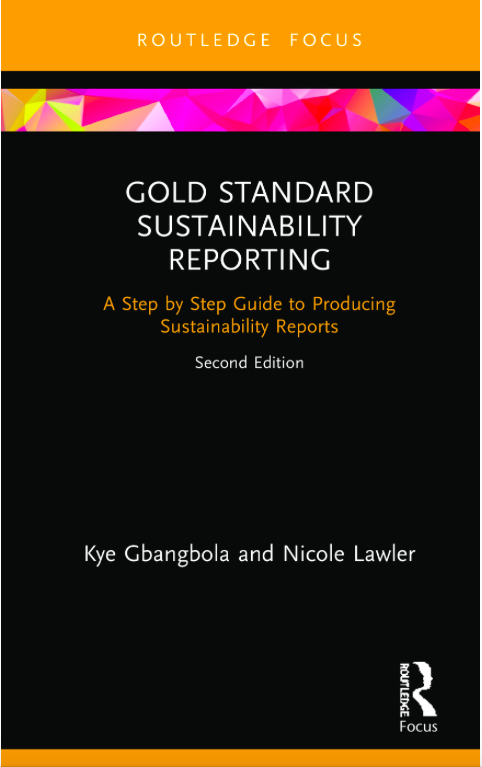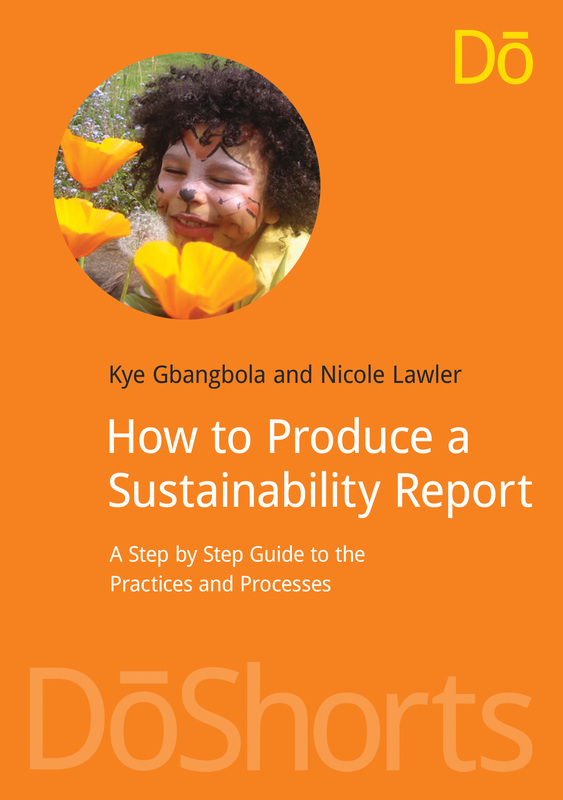
The London 2012 Games are being delivered by two main organizations – the London Organising Committee of the Olympic and Paralympic Games (LOGOC) and the Olympic Delivery Authority (ODA).
LOCOG is responsible for the planning and staging of the Games. The ODA is responsible for infrastructure and the building of new venues. The ambitions of these two organizations are to create a Games for everyone, and a Games that will leave a legacy long after the Olympic flame has gone out.
Sustainability is a key focus of the 2012 Olympics. Since bidding began in 2003, promises were made that this will be the first truly sustainable Olympic Games, and the underlying tenet of the 2012 Olympics has been that the world should live within its means.
There were four areas of focus in the sustainable organization of the Games: venues, travel, food and waste:
The Venues were designed in the most sustainable way possible, using innovative techniques such as light pipes to reduce energy use, brown roofs to save on water consumption and encourage new wildlife habitats, and the best use of recycled or reused building materials.
In the lead-up to the Games, travel was high on the agenda. Over £10m was invested to improve over 75km of walking and cycling routes leading to London 2012 venues. Throughout the Games, people will be encouraged to use ‘active travel’ and walk or cycle more often.
London 2012’s ‘food vision’ centers around five core themes: food safety and hygiene, choice and balance, food sourcing and supply chains, environmental management, resource efficiency and waste, and skills and education. The primary aim of the food vision is to ensure affordable, healthy and diverse food choices that cater for dietary and cultural requirements too.
That said, there has been some media comment about McDonald’s’ sponsorship of the Games; millions of people are expected to visit its specially-built restaurant in east London, which will be the largest McDonald’s in the world. Others argue that the involvement of CSR-focused players like McDonald’s – who are amending their menus and sourcing for the Games - demonstrates exactly the kind of multi-party collaboration that leads to open dialogue and progress all round.
With all the construction, travel and consumption that has been and will be taking place, wastemanagement is an issue that can’t be ignored and a big recycling campaign is underway to ensure a zero-waste Games.
From the planning and construction to the staging of the Games, the principle aim of the Olympic organizers has been to set new benchmarks in sustainability and inspire a culture of sustainable thinking.
The idea of legacy is closely linked to the goal of a sustainable Olympics. The physical legacy of the Games is evident in the gentrification of east London, a formerly industrial area that has been used for landfill and suffered years of pollution and neglect. But in addition, social, economic and sporting legacies are considered to be of equal importance.
According to the official London 2012 website, “Right from the very beginning of our bid in 2003, London 2012 has been about what can be achieved through the inspiration and power of sport, using it as a catalyst for positive change and inspiration.”
Embedding sustainability in our cultural infrastructure
Legacy is also one of the key Standard Disclosure items of GRI’s Event Organizers Sector Supplement (EOSS); sustainability reporting guidance tailored for the events sector that was launched earlier this year. London 2012 was one of the organizations involved in the development of the EOSS and GRI spoke with David Stubbs, Head of Sustainability at London 2012, about sustainability at the Olympics.
“The Olympic Games represent the largest peacetime logistical exercise you can imagine – you are effectively putting on 26 World Championships at once and then two weeks later we do it all again with the Paralympic Games.
“One of the biggest challenges is to figure out how you can have any influence in this scale of project,” says Stubbs. “There is massive potential to spread a message to a vast audience and to reach people that no conventional sustainability program would ever reach.”
London 2012 and other events of this kind are about more than just the fleeting two or three weeks of the actual event; they are about the legacy they leave behind and the inspiration for everyone around the world to strive for a better way of life.
Total Eco Management has provided services to the Organising Committee of Olympic Games 2012 in London for the reporting of Corporate Social Responcibility (CSR) Report. This Report is level 'A'. I was presented with The London 2012 Sustainability Ambassador Award for my outstanding contribution to achieving a truly sustainable Olympic and Paralympic Games.
Read more on TeM's work with GRI & LOCOG.
from → Nicole Lawler & GRI















 RSS Feed
RSS Feed
